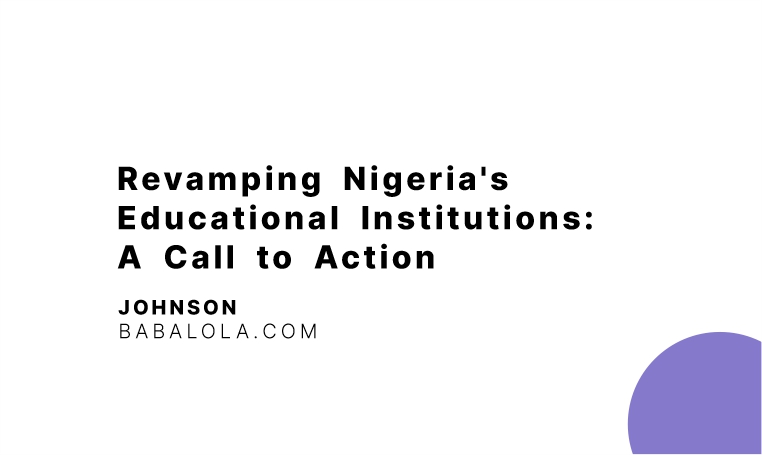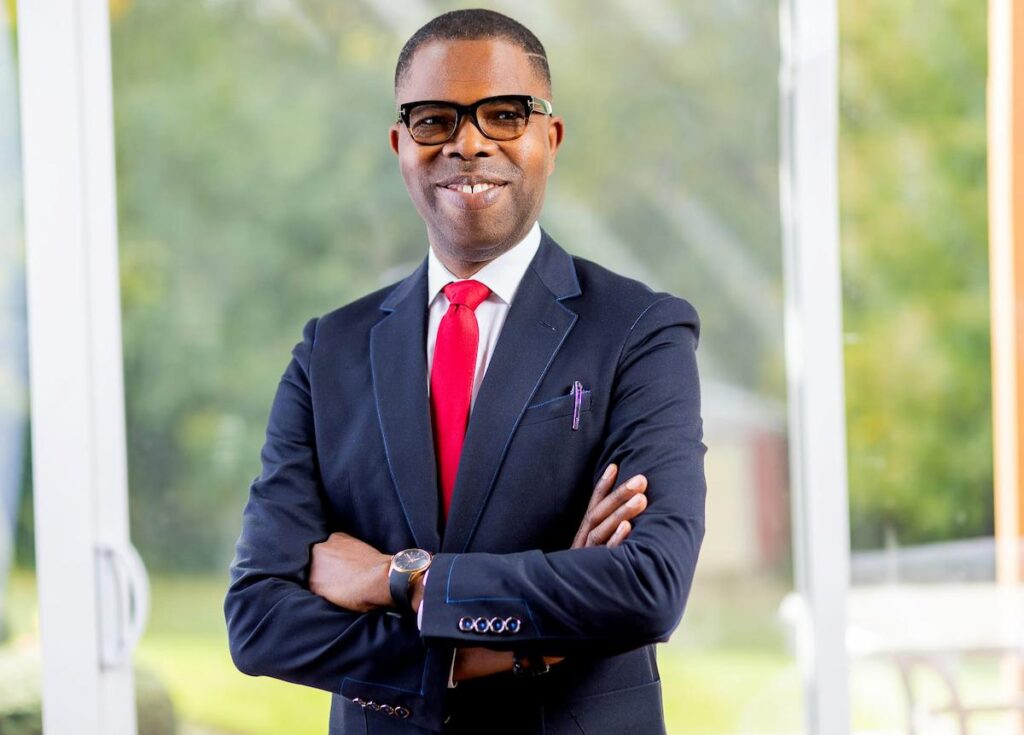Revamping Nigeria's Educational Institutions: A Call to Action

The information that landed in my WhatsApp was both straightforward and impactful: the 1988 set of the University of Ibadan Medical School had generously donated N100 million to the institution for project development. If utilized judiciously, this contribution could significantly alleviate the school’s infrastructural challenges and more.
However, this donation prompts a broader reflection. What if alumni from every primary, secondary, and tertiary institution, still alive and thriving, collaborated to raise N100 million per university set? Perhaps that seems excessive; let’s consider a more modest goal of N10 million per set. Taking a hypothetical example, let’s focus on University A over the last 30 years, involving 10 faculties. If each faculty contributes N10 million annually for three decades, the total sum reaches a staggering N3 billion I hope my mathematics is correct). Such a substantial amount, if wisely spent, could transform the learning environment of any tertiary institution.
To extend this concept to primary and secondary schools, a scaled-down approach could involve alumni donating N1 million per year per graduating set. Over 30 years, this accumulates to N30 million. If appropriately managed, this sum could bring about transformative changes in any primary or secondary school in Nigeria.
While this proposition may sound overly simplistic, the primary hindrances are the absence of accurate data and organizational shortcomings. Many elementary schools lack records of their former students, with inadequate storage infrastructure, including computers. Additionally, administrators of most schools in Nigeria especially the primary and secondary ones often lack the organizational skills, knowledge, human resources, and the confidence needed for such initiatives.
It remains perplexing why administrators of post-secondary institutions struggle to rally their alumni and leverage their financial capabilities to enhance their schools. This idea merits the establishment of dedicated teams equipped with world-class technology, accounting, fundraising, and networking skills. To succeed however, the administrators must first build trust with the alumni community and be prepared to have independent and reputable firms of project managers manage the projects.
Unfortunately, many schools in Nigeria are overlooking the potential benefits of professionally organizing their alumni for the collective betterment of the institution. Regrettably too, a significant number of successful Nigerians, with a few exceptions, do not actively support their alma maters. When they do, their efforts tend to be disjointed, focusing on individual achievements rather than collaborative endeavors. Primary schools are often neglected, with dilapidated structures being highlighted on social media rather than being addressed proactively.
While it might be considered an illusion, I hope to stir some productive chaos with this suggestion. Amid this chaos, I envision a few school administrators seeking professional assistance and taking decisive steps to rehabilitate their institutions by organizing alumni to collectively raise funds for development.
Johnson Babalola, a Canada and Nigeria based lawyer, leadership consultant, storyteller and corporate emcee, is a public affairs analyst. Follow him for discussions on real life issues that affect us all.
You can obtain a copy of his newly released book, REJECTED on Amazon, FriesenPress, Barnes & Noble, Kobo, Google Play, Apple Books, Nook Store etc.



